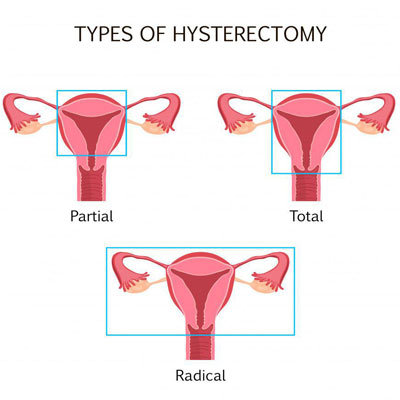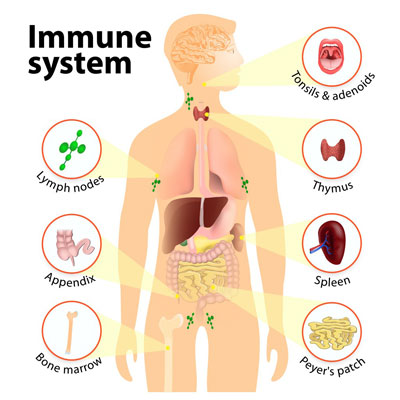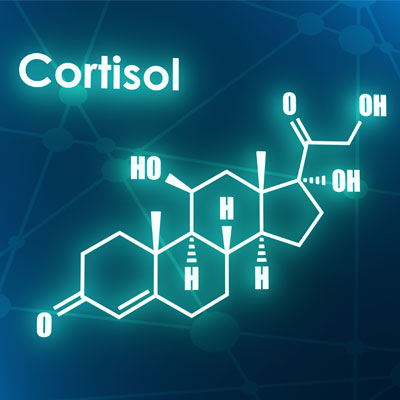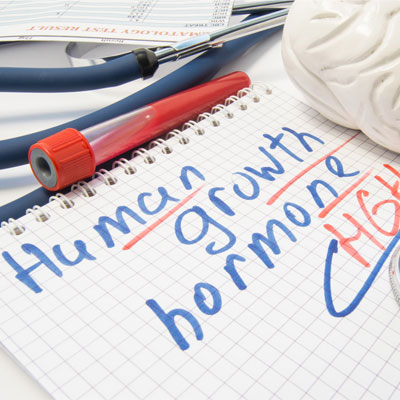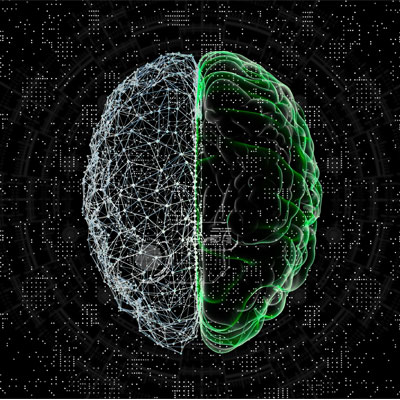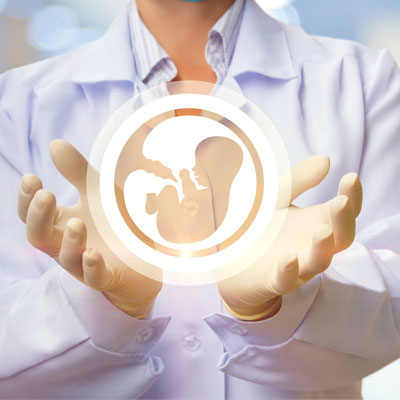Contents
Adult growth hormone deficiency (AGHD) is a well-studied multifactorial disorder that can impact all areas of a person’s life. Aside from its physiological influence on the body, growth hormone also affects many areas and functions of the brain. In this report, we look at HGH deficiency and mood swings, depression, and emotional health.
A decline in growth hormone production in the middle-age and later years of life can lead to the following emotional changes:
- Depression
- Mood swings
- Anxiety
- Lack of motivation
- Decreased drive
- Lethargy
- Restlessness
- Social isolation
- Poor self-image
- Loss of sense of humor
- Stress
- Irritability
- Decreased quality of life
- Negative outlook for the future
With low levels of HGH, mood swings are a possible symptom early in the decline. In fact, changes in mood or attitude are one of the first warning signs that something is wrong.
How can HGH cause mood swings in seemingly healthy adults?
HGH is one of if not the most influential hormones in the human body. It has receptors on tissues, organs, and throughout the brain. If the brain does not receive enough HGH to bind with these receptors and initiate the necessary responses, then emotional well-being will suffer.
When HGH receptors in the brain do not receive enough growth hormone, changes in mood are possible.
Why Does HGH Deficiency Cause Mood Swings and Depression?
We can look at two primary reasons why low levels of HGH causes mood swings:
- Direct impact of growth hormone receptors not receiving enough HGH to carry out their functions
- Indirect result of other physiological and physical symptoms of growth hormone deficiency impacting one’s emotional state
Why does HGH cause mood swings due to reason number 2 – the indirect action?
People with AGHD tend to gain weight, lose muscle, have thinning hair, and experience an increase in wrinkles and skin sagging. These changes impact one’s self-image and can lead to depression.
Low HGH levels also interfere with work productivity, sleep, energy, and mental functions. Irritability, stress, and mood swings are common when you no longer perform in life as you did in the past.
Furthermore, changes in libido, arousal, sexual performance, and pleasure can cause trouble in one’s personal relationship.
As you can see, there is a significant connection between HGH deficiency and mood swings.
HGH deficiency impacts mood in both a direct and indirect way.
How Can HGH Therapy Improve Mood Swings?
If you are deficient in growth hormone, your body will respond accordingly. By increasing the amount of human growth hormone in your bloodstream, you can restore emotional balance. That is why mood swings on HGH therapy tend to disappear rather quickly.
After injecting HGH into the subcutaneous abdominal tissue, the bloodstream absorbs the HGH and transports it to receptor cells throughout the brain and body. Once HGH binds with brain receptors, it begins to balance out one’s emotional state.
An added benefit of HGH therapy is that it lowers cortisol levels which can create further stress and inhibit sleep. Cortisol reduces HGH levels in the body, so when cortisol is high, growth hormone is low. By increasing HGH you decrease the amount of cortisol in the bloodstream.
In numerous studies of HGH deficiency and mood swings, respondents reported benefits including:
- Better self-image
- Less tension in relationships
- More energy
- Improved focus
- Happier
- Better sense of humor
- Reduced feelings of depression
- Increased desire for socialization
- Less anxiety, irritability, and stress
- Improved sleep
- Enhanced sex drive
- More motivation
- Better outlook and quality of life
HGH therapy improves emotional well-being and reduces mood swings and feelings of depression and anxiety.
- Marina G Downing
- Lina Lasaite, Robertas Bunevicius, Danute Lasiene, Liudvikas Lasas
Cognitive Function in Growth Hormone Deficiency and Growth Hormone Replacement
Psychological functioning after growth hormone therapy in adult growth hormone deficient patients: endocrine and body composition correlates


